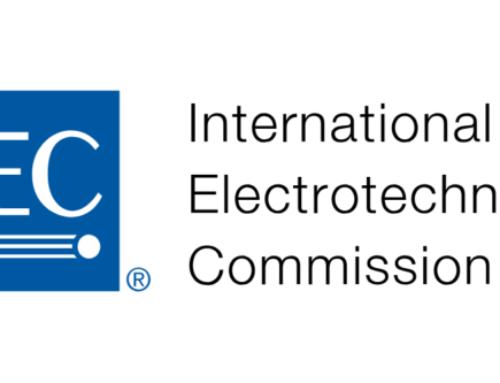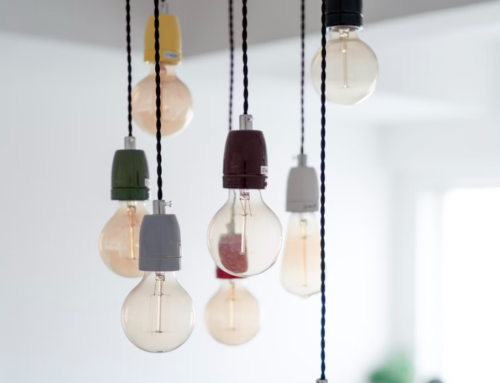14/07/2020
 In recent years, the demand for the categories, functions and quality safety of baby supplies has increased significantly. Under this trend, the industry for baby supplies has gradually evolved into an interdisciplinary sector, covering various types of products targeting babies and children.
In recent years, the demand for the categories, functions and quality safety of baby supplies has increased significantly. Under this trend, the industry for baby supplies has gradually evolved into an interdisciplinary sector, covering various types of products targeting babies and children.
In this context, and in order to standardise the quality safety requirements to protect the health and safety of children, SAMR/SAC approved the establishment of the national standardisation working group for baby supplies. The working group is comprised of 41 members from regulatory bodies, industry associations, enterprises, universities, research institutions, testing agencies and also the consumer community.
To date, government bodies such as SAMR/SAC, the Ministry of Education (MOE), the Ministry of Industry and Information Technology (MIIT) and the National Health Commission (NHC) have developed over 120 national standards relating to baby supplies, spanning across different sectors such as light industry, textiles, chemical industry, automobiles and others. Among these, around one-fourth (30) are mandatory, mostly covering products such as safety seats, textiles and apparel, furniture, strollers, drinking utensils and student supplies. The key challenge faced by these standards, however, is the lack of integration and coordination with each other. Hence, the newly-established standardisation working group will directly address this issue, in particular by: (i) connecting nearly twenty standardisation technical committees for traditional industries; (ii) comparing China’s standards with international ones; and (iii) facilitating the establishment of a unified and coordinated standardisation system for baby supplies. At the same time, the working group will further strengthen its links and exchanges with international standardisation organisations such as ISO and CEN for better communication and experience-sharing in the development of standardisation for baby supplies.




